You might call Roger Pielke Jr., the son of the highly respected Climatologist Roger Pielke Sr., an Environmental Political scientist who analyzes the atmospheric disruptions between Science and Politics. And because, with the looming apocalypse, this represents mined terrain, Dr. Pielke, who's been awarded international prizes and honorary doctorates for his work and served as director of the Center for Science and Technology Policy Research at the University of Colorado, Boulder, has found himself at the center of a campaign that made him, as he puts it, the Voldemort of climate science. Paradoxically, this label has nothing to do with Pielke's measured observations, delivered with the beautiful clarity of a true scientist, but solely with the veritable religious furor that activists and world-savers have brought to the debate. This position of Pielke's is based on a timeless scientific ethos, which never allows itself to become aligned with any cause - knowing that the cost of such activism is sacrificing science's integrity. On the other hand, the liminal position between Science and Politics has made him highly sensitive - so when Mary Douglas' name comes up in the conversation, he's immediately familiar with her institutional theory and mentions Steve Rayner's work, appropriately titled The Social Construction of Ignorance, explaining that institutions are not necessarily formed to produce new knowledge, but often to keep uncomfortable or inconvenient learning out of sight. But because Pielke is stubborn enough to endure even the disruptive and inappropriate, he doesn't shy away from the adversity - he only points out at the end of the conversation; however, that contradiction is more manageable at an advanced age and that Academia might not be the ideal place for an up-and-coming Roger Pielke III’s career choices.

Roger Pielke has published.
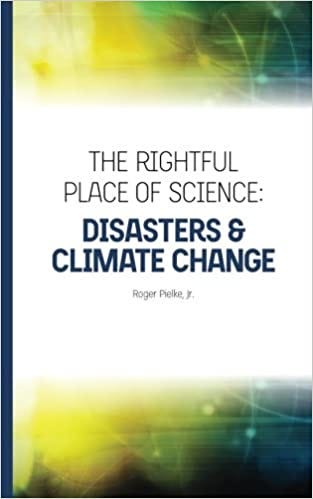


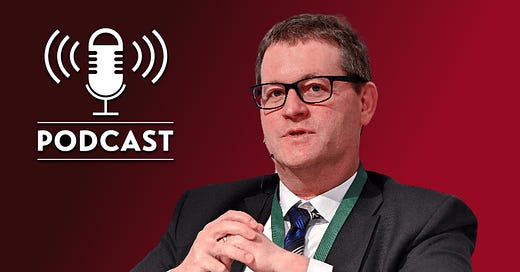



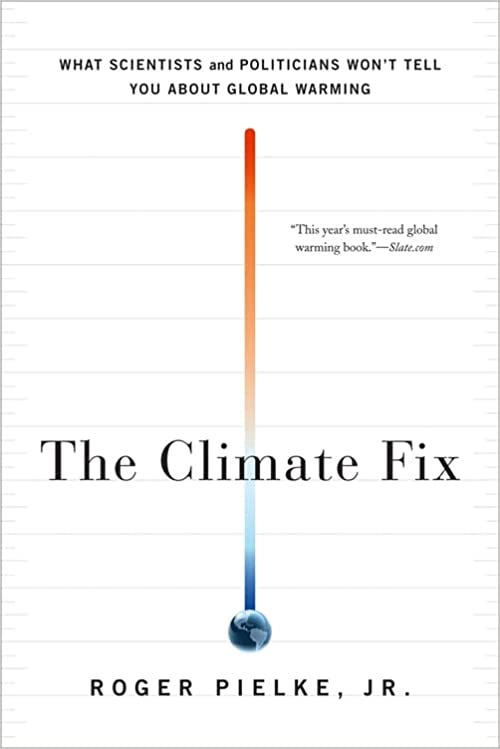
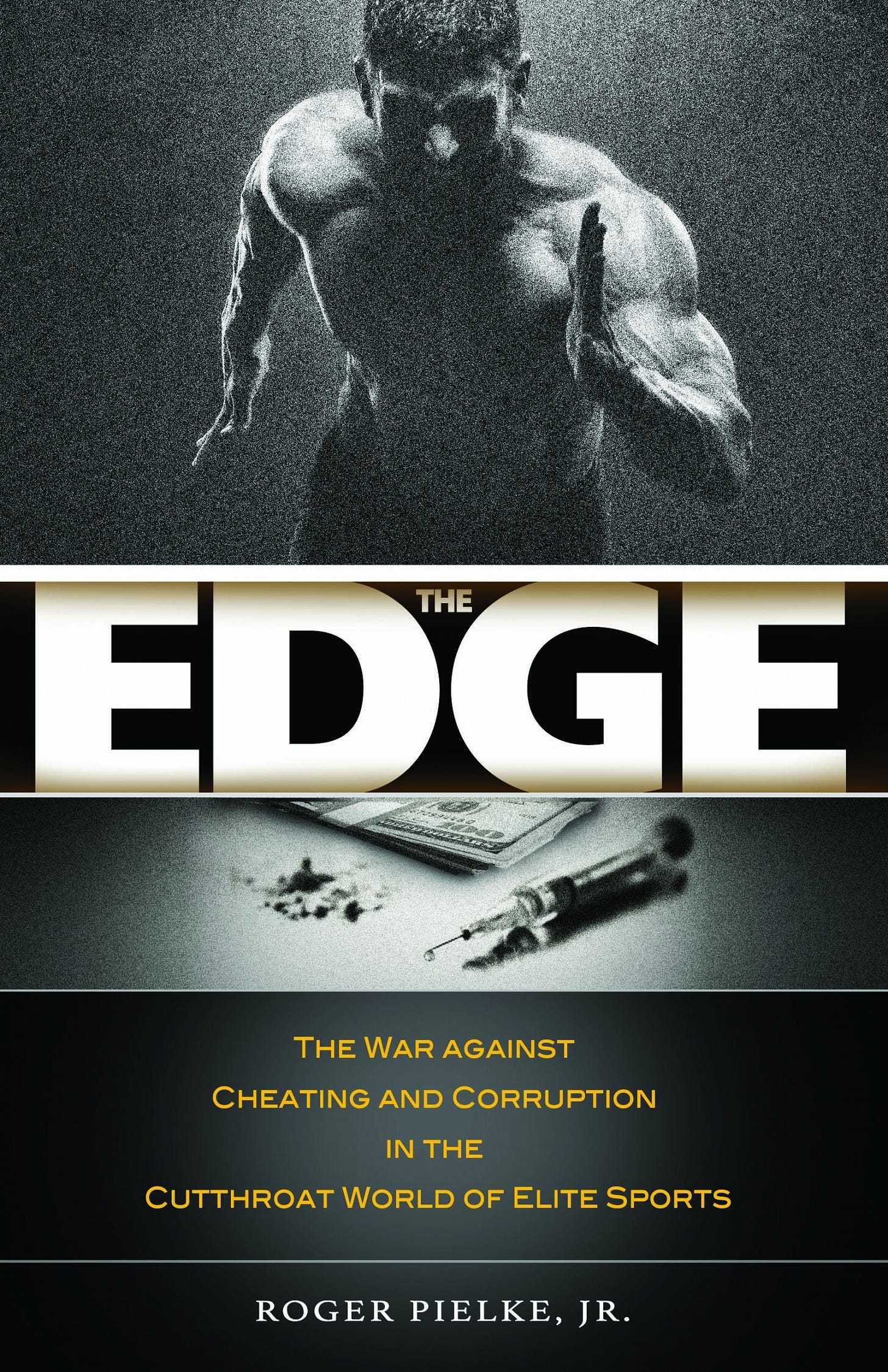


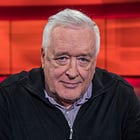









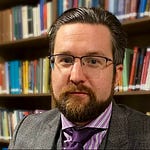
Share this post